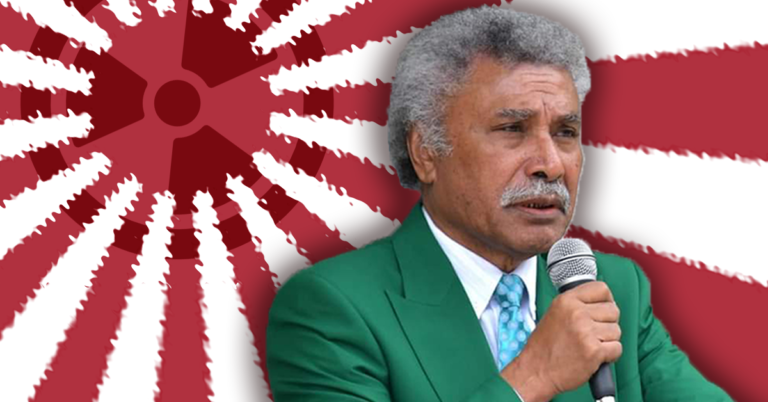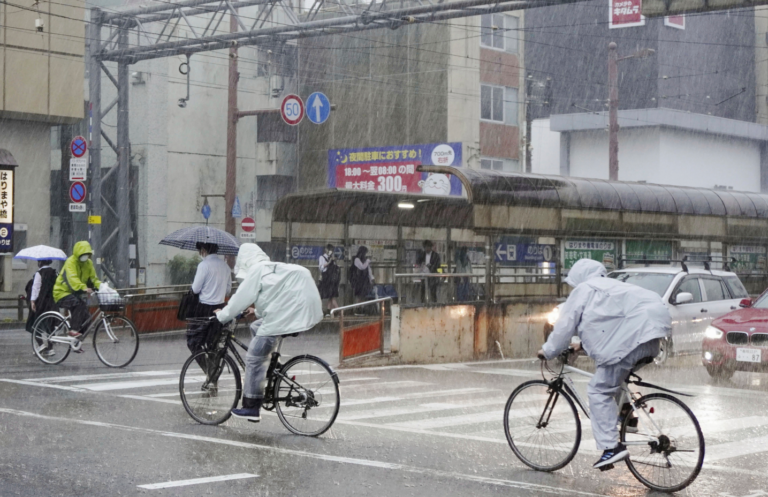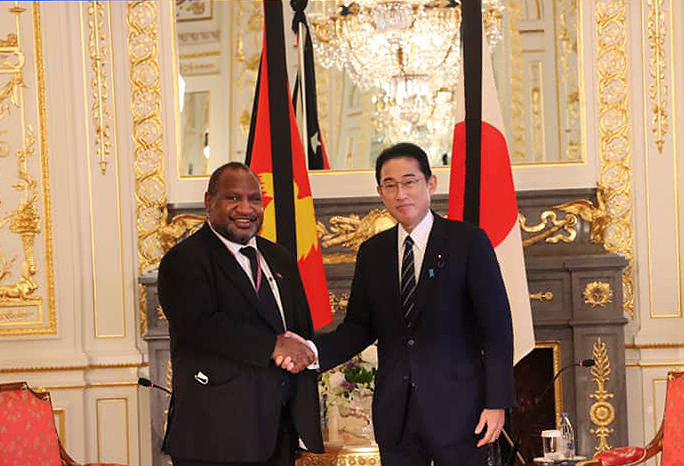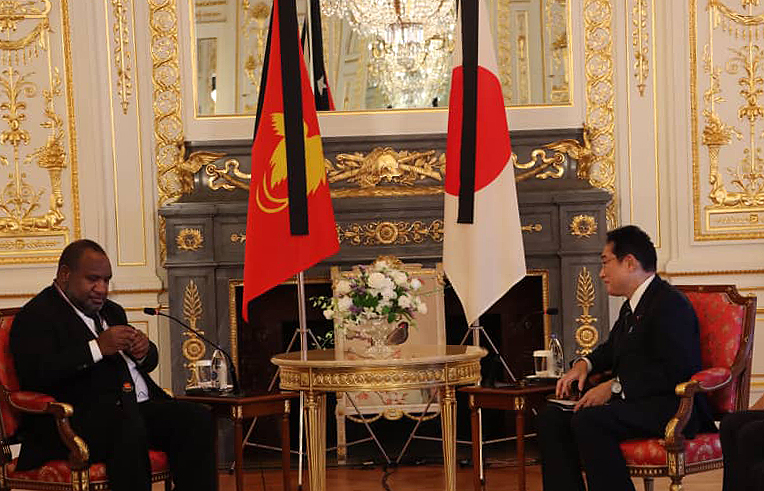Japan has started the releasing of treated nuclear waste water (ALPS) into the Pacific Ocean as of 24th August, sparking different reactions from Asian and Pacific Island Countries.
Scientists including the International Atomic Energy Agency (IAEA) have backed Japan’s plan to release treated nuclear water but China anounced it will not be importing Japanese sea food.
In the Pacific, Secretariat of the Melanesian Spearhead Group (MSG) said the health of the Pacific Ocean determines the survival of Pacific Islanders.
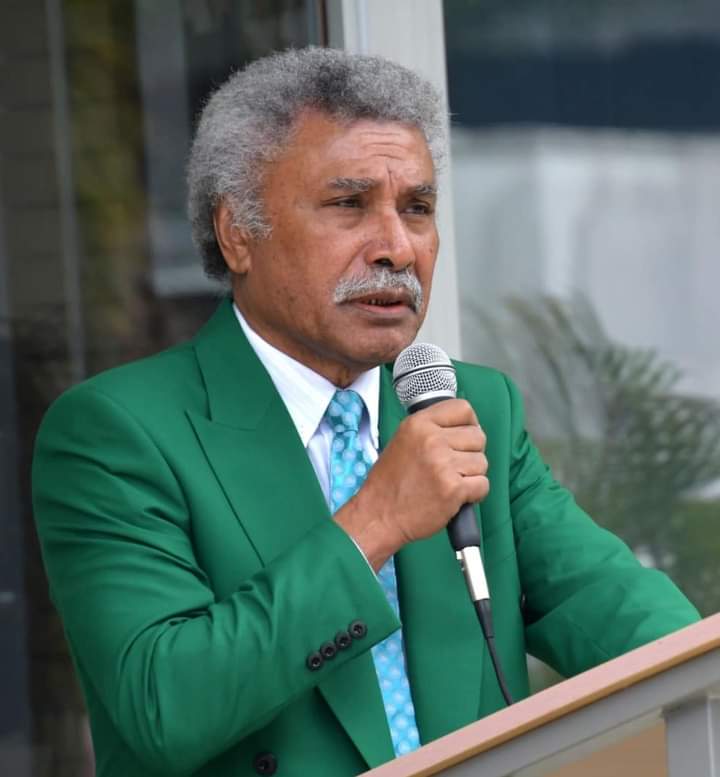
A statement released by MSG, Director General, Leonard Louma, states that the best proof that ALPS (treated water from Fukushima) is safe, is to discharge it into Japan’s own internal waterways and that no amount of justification, scientific or otherwise, will suffice.
“We in the Pacific are too well aware of the fallacy of the safety of nuclear activities, “said Louma.
The treated nuclear waste from Fukushima Nuclear Plant will be released into the Pacific Ocean over the next 30 years after the UN Nuclear watchdog approved the plan by the Japanese Government.
The discharge is seen as a key step in decommissioning the Fukushima Daiichi plant after it was destroyed by a tsunami in 2011.
The plant operator Tokyo Electric Power (Tepco) began releasing treated nuclear water at in August through an underground tunnel.
Back home, Papua New Guinea, Prime Minister James Marape had commented that it’s best the treated water is released in a controlled manner.
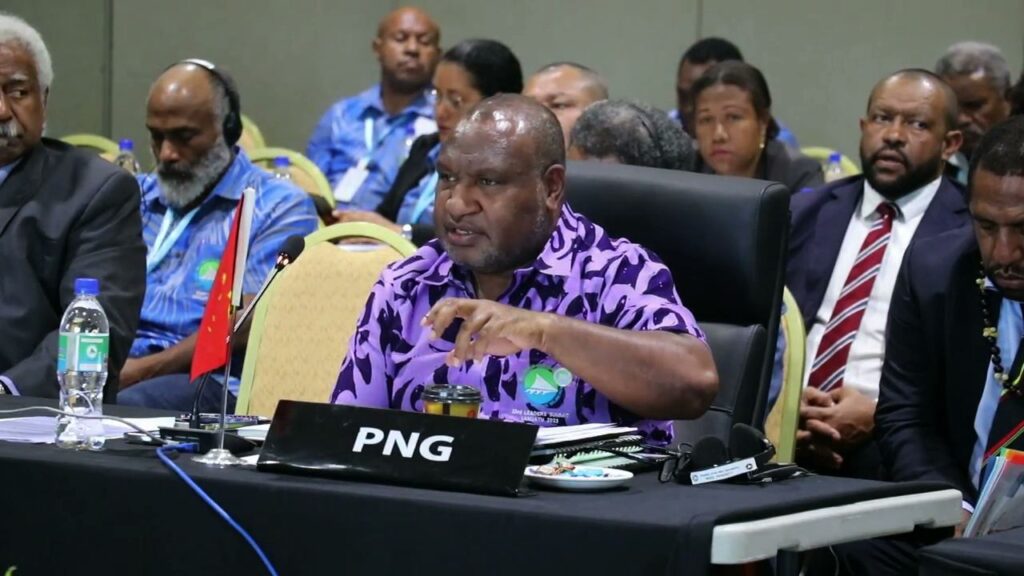
“For us in the Pacific our position has always been the same, a Nuclear free Pacific. But I also note that International Atomic Energy Agency (IAEA) has been working with the government of Japan to rigorously review the safety for waste water for release,” said Marape.
However MSG is of the view that, after reading the IAEA Assessment Report before the discharge, had given no comfort at all.
“The “qualified” words and “diplomatic” construction of language used in the Assessment Report suggests to us that even the IAEA is not sure of the safety of the discharge of the ALPS water into the Pacific Ocean,” said Louma.
Louma is concerned on how would one interprets the use of “consistent with” safety standards, the effects will be “negligible”, and “additional review” or checks will be done again when discharge takes place.
“So please forgive us if we are sceptical of this safety narrative that you have gone overdrive to have us believe that the ALPS water is safe. Excuse us if we appear naïve when we say science can be wrong. Our experience tells us to be cautious,” Louma added.

